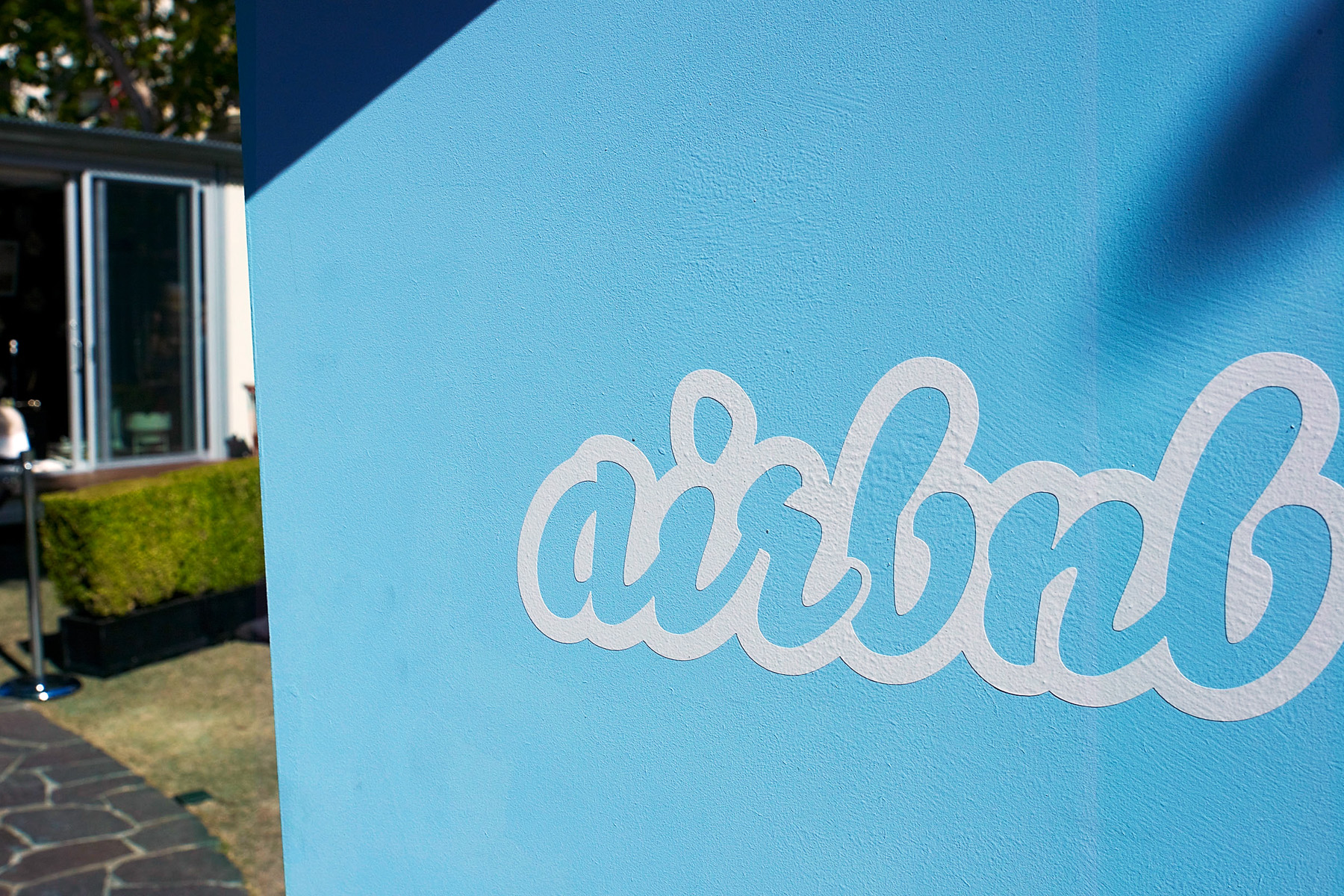
Lawmakers in San Francisco are set to vote on two proposals Tuesday that could restrict locals’ ability to use home-sharing company Airbnb. But before they do, the firm is releasing its own report assessing its impact on the city.
Airbnb’s report, obtained by TIME (and viewable through the link above), is adding to a pile of reports that have already attempted to assess the company’s economic benefits and costs to the city. The company’s data team used proprietary information about Airbnb users that government agencies do not have access to; although that means no one can double-check Airbnb’s figures, the company says it is the most realistic picture of how the service is affecting the City by the Bay. Their take: assertions that Airbnb is cannibalizing much-needed housing stock are overblown.
A central question in months of heated hearings over Airbnb has been whether it creates an economic incentive for landlords to take units off the market in order to rent them out full-time to tourists on home-sharing platforms. With housing in short supply, rents have skyrocketed and lower-income residents have been forced to leave the city. That has made some residents aggressively wary of anything that might be squeezing out the middle class. Meanwhile, other San Franciscans have testified that income earned from using Airbnb has helped keep them in their homes.
Perhaps the most important number in these reports is the estimate of how many nights per year a host would have to rent a unit out before they’d be making more money doing the Airbnb thing than if they housed a traditional, long-term tenant. There is no way to know how many landlords are, in fact, hoarding their units from locals to rent them out to tourists, but this number provides a picture of when it would make economic sense to do so.
The San Francisco Planning Department estimated this breaking point is 257 nights; a report from the city’s independent budget and legislative analyst’s office estimated 59 nights. Airbnb arrived in between the two, at 211. The company’s data researchers calculated the figure by comparing the average nightly earnings of Airbnb hosts in San Francisco to market-rate rental prices.
The share of Airbnb listings in San Francisco that are rented out more than 211 nights per year, according to the company’s report, is 6.1%, representing less than 1% of total housing units in the city and just over 1% of vacant housing. The most damaging estimate from previous reports, which was calculated using assumptions Airbnb disagrees with, suggested that Airbnb could be responsible for nearly one fourth of vacant housing units being taken off the market.
While those numbers, based on different approaches to the U.S. Census Bureau’s statistics on vacant housing, will continue to be debated, there are some general points about home-sharing’s benefits that are generally agreed upon. All stays at Airbnbs are being taxed like hotels, so the city gets a 14% cut of that revenue. These additional housing options, which may offer a more immersed-in-the-city experience than traditional hotels, likely attract more tourists to the city. Those tourists then spend money that helps fuel the local economy.
Hosting via Airbnb was technically illegal until 2014. All rentals for 30 days or fewer were prohibited by law. The board of supervisors, the city’s lawmaking body, legalized short-term rentals with a landmark piece of legislation, which compromised by setting certain caps. Under that law, residents can list their homes 90 days per year when they’re not present and an unlimited amount of days when they are. One proposal being considered Tuesday, penned by progressive Supervisor David Campos, would restrict all users to just 60 nights per year. Another proposal from Supervisor Mark Farrell and Mayor Ed Lee would set caps on both at 120 days.
The average number of nights a user is renting out a listing is 90 per year, according to Airbnb, and 80% of San Francisco hosts actually live in the place they’re listing; more than 70% use the income to help pay their rent or mortgage. “This report makes clear that the vast majority of Airbnb hosts are regular San Franciscans sharing the home in which they live and using the money they earn to pay the bills and make ends meet,” says Airbnb spokesperson Christopher Nulty.
What remains murky is exactly what’s happening with the remaining 20% — and how many of those 1,000 or more listings are second homes or apartments that could be easing the housing strain.
More Must-Reads from TIME
- Donald Trump Is TIME's 2024 Person of the Year
- Why We Chose Trump as Person of the Year
- Is Intermittent Fasting Good or Bad for You?
- The 100 Must-Read Books of 2024
- The 20 Best Christmas TV Episodes
- Column: If Optimism Feels Ridiculous Now, Try Hope
- The Future of Climate Action Is Trade Policy
- Merle Bombardieri Is Helping People Make the Baby Decision
Contact us at letters@time.com